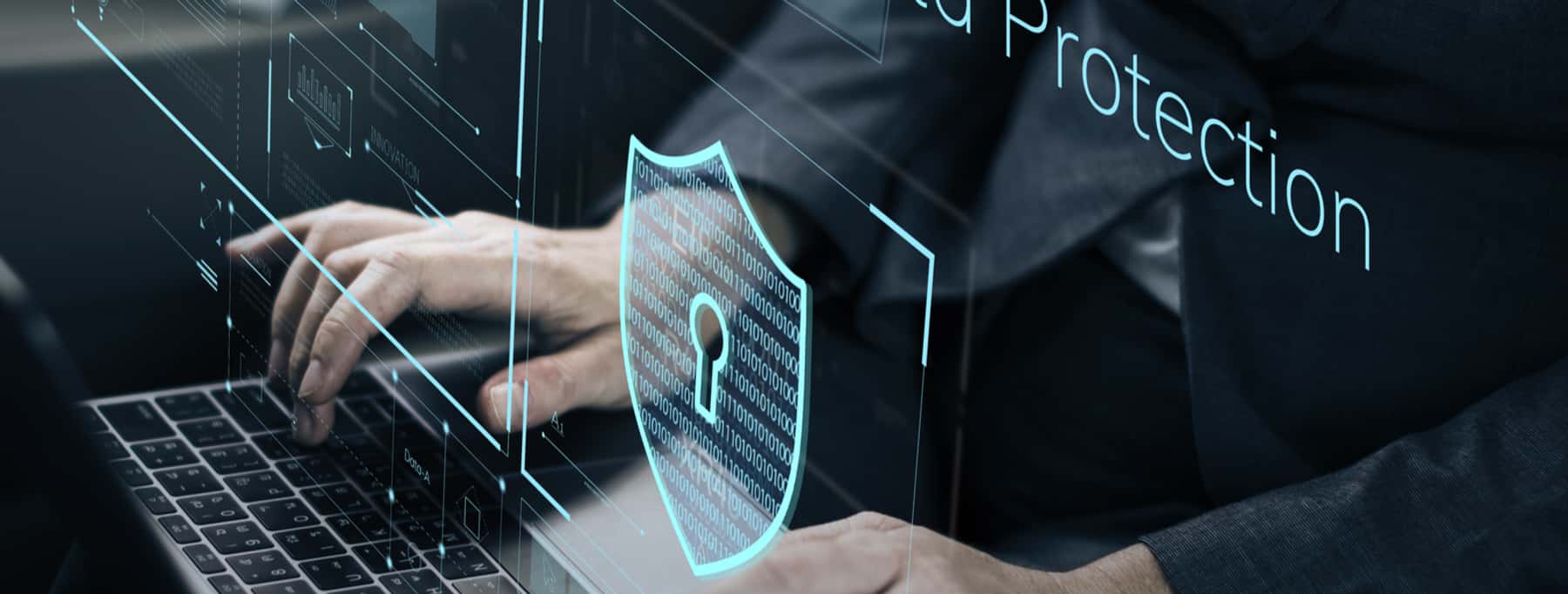It may come as no surprise that data protection is the number one challenge small businesses face, as identified by a Kaspersky Lab Report. Simply put, data security refers to the protective digital measures applied to prevent unauthorized access to computers, databases, and websites. Data security is also concerned with the protection of data from corruption. It’s a vital part of every organization, no matter the size.
Examples of data security
Data security includes many different technologies that work together to keep data safe. Here are a few examples:
- Backups
- Data
masking - Encryption so that data is unreadable by cyber attackers
- Authentication (passwords, codes, biometric data, or other verification action)
- Secure Wi-Fi connections
Typically, to execute these actions, an IT team is needed to manage and sustain the practices. Having a network security plan helps you stay ahead of threats. Small businesses often struggle with data security and many times are the most susceptible. In fact, 43% of all cyberattack targets are small businesses. Further, it can be costly. The Kaspersky Lab Report found that the average SMB breach cost $120,000. That kind of loss can be damaging to any business but especially small businesses.
Network security is continually evolving. While it was once fine to have antivirus software to protect your data, cyber attackers are much more sophisticated now. This is simply not a robust enough plan to keep data safe.
Actionable ways to boost data security
With this in mind, it’s critical for small businesses to have actionable ways to boost data security. Here are some excellent practices any small business can implement to increase data security.
Two-factor authentication
When you employ two-factor authentication, it becomes harder to access your data. The rise in cybersecurity crime has made two-factor authentication a vital process for many SMBs. Passwords can easily be hacked or stolen. By adding in an additional way to authenticate the user with hardware tokens, SMS codes, software tokens, and push notifications, your data is better protected.
VPNs
Virtual private networks (VPNs) are secure tunnels between a device and the internet. With VPNs, communication is encrypted, even on a public, unsecured network. If you have employees that work outside your office, setting up a VPN keeps their device safe whether they are at home or a public place.
Control physical access to computers and networks
While many breaches can occur from outside your walls, there are also risks within them. You need to prevent unauthorized access to the technology that sits in your offices. A separate user account should be created for every employee with administrative privileges only provided to those that need it to do their job.
Establish security practices and policies to protect sensitive information
All your employees should be trained on how to handle data securely. With documented practices and procedures, everyone can be on the same page. Clearly outline how each user should treat data and identify the consequences of not following the guidelines.
Measure your risk
Every company is exposed to some kind of risk when it comes to data security. If you have not ever done a cybersecurity risk assessment, or it’s been a long time, you should conduct one. Understanding your risk will uncover gaps that can then be mitigated.
Find vulnerabilities and make quick changes to fix them
Beyond a risk assessment, there are standard ways that hackers can infiltrate your network and steal your data. The most common threats include phishing, weak BYOD policies, computer viruses, liberal use permissions, and out-of-date software. Luckily, these are easily fixable with training, policies, and additional checks and balances.
Data security is essential to your small business’s growth and prosperity; however, you may not have the manpower or expertise to keep it at the forefront of your mind. At KME Systems, we help small businesses manage data security every day. For over 20 years, we’ve been a leading IT support partner. Learn more about our services today.
the-quick-guide-to-data-security-what-it-is-and-how-to-do-it





